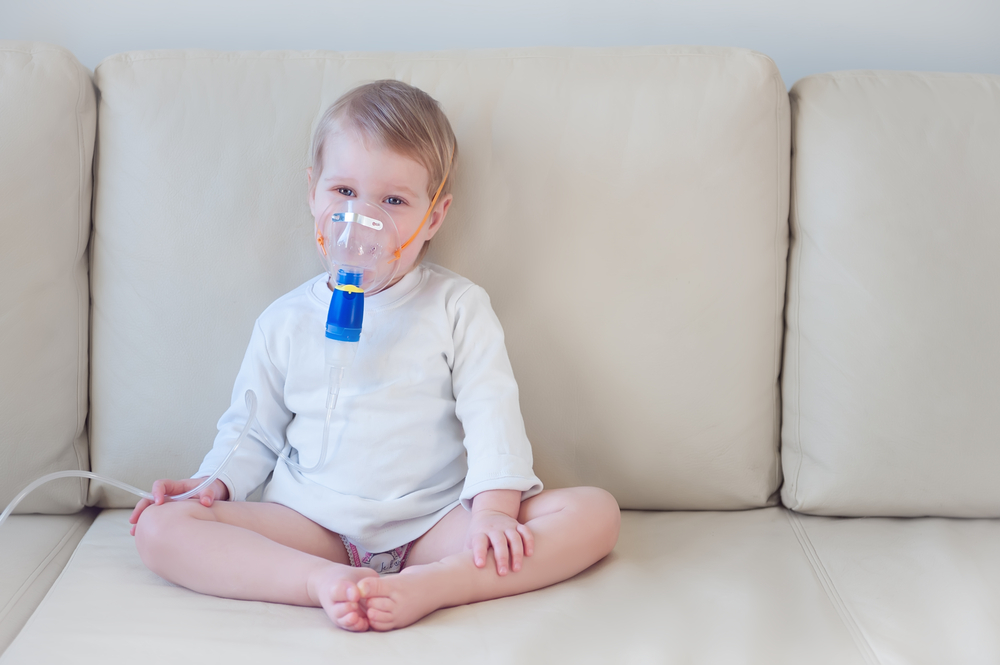A study presented during the 2015 AACC Annual Meeting & Clinical Lab Expo in Atlanta suggests that hair samples can be used to assess the effects of asthma on cortisol activity in pregnant women. This study was also able to demonstrate how cortisol levels are more likely to be lower in pregnant, asthmatic women compared to those without asthma. These results open doors to further research on how hair can be used as a non-invasive means to understand the link between cortisol levels and a women’s poorer pregnancy outcomes.
Many past studies have established that elevated cortisol levels are linked to an increased likelihood of a miscarriage and premature birth. However, more contemporary research suggests a slight elevation in cortisol during pregnancy may be beneficial, and can even be associated with better fetal organ maturity — lungs, most especially.
“We hope hair samples will help establish the role that changes in cortisol levels throughout pregnancy have on the health of women and their children,” said study co-author Laura Smy, a PhD student at the University of Toronto.
The current standard in determining a woman’s cortisol levels requires collecting saliva or blood samples, which can be time-consuming and narrowly time-bound, yielding inaccurate numbers, as cortisol levels tend to fluctuate as the day progresses. Hair samples, however, can store information on cortisol levels for months, with each centimeter equating to one month.
To determine whether hair samples offered this benefit, Dr. Gideon Koren, a clinical pharmacologist at the University of Toronto, and Bruce Carleton, PharmD at the University of Columbia, obtained samples from 93 pregnant women. Out of these participants 62 where known to have asthma, half of which still depended on inhaled corticosteroids.
“For both the control and the asthma groups we could see a rise in cortisol over the course of the pregnancy and then a decline during the post-partum period,” said Smy. This finding supports the use of hair samples as a tool for assessing cortisol levels during pregnancy.
The study also revealed something unexpected: “For the individuals with asthma, whether or not they were using inhaled corticosteroids, their response to the cortisol increase was dampened,” said Smy. “They had significantly lower hair-cortisol levels during both their second and third trimesters than the women in the control group.” He explained this reduced bodily response to cortisol may be secondary to “adrenal fatigue,” although further research is required before these findings are established.

